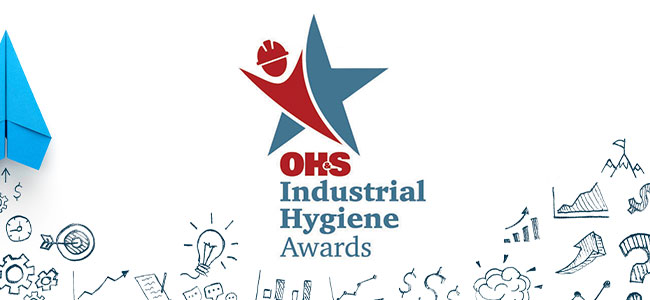
When an incident happens, a quick response plan is the key to minimizing the downsides of suspension trauma.

AI is revolutionizing how industries approach safety, turning maintenance routines from reactive to proactive.

The editors of OH&S discuss four key safety trends for 2024, and share a look at editorial efforts for the next 12 months.

The annual event is heading to Denver from August 7-9.

The system enhances the safety monitoring of workers in solitary, remote or high-risk industries.

The multi-year program focuses on New Jersey, New York, Puerto Rico and the U.S. Virgin Islands.

The annual adjustments went into effect on January 16, 2024.

The organization’s first-ever report sheds light on areas of improvement.

Bradenton-based TruScapes Industries faces $166,305 in proposed penalties.

The deadline for the fourth annual program is February 23, 2024.